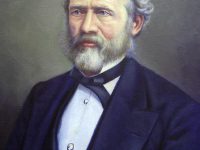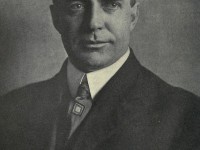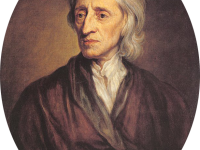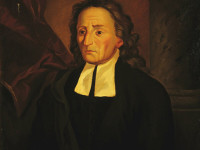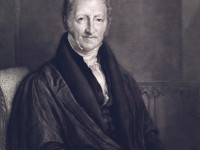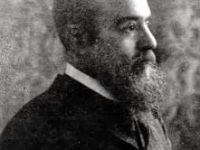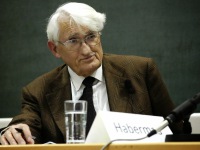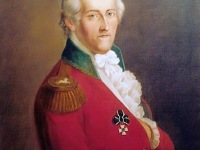The Social Theories of Lewis Henry Morgan
On November 21, 1818, pioneering American anthropologist and social theorist Lewis Henry Morgan was born. Morgan is best known for his work on kinship and social structure, his theories of social evolution, and his ethnography of the Iroquois. Interested in what holds societies together, he proposed the concept that the earliest human domestic institution was the matrilineal clan, not the patriarchal family. Lewis Henry Morgan – American Anthropologist Lewis Henry Morgan was born…
Read more

